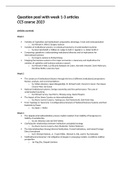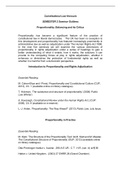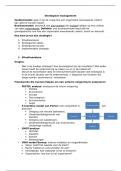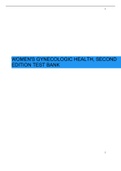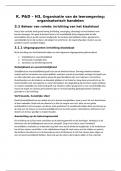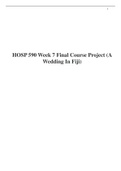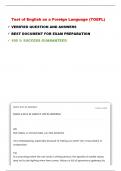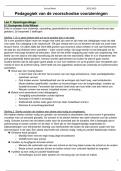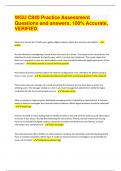Samenvatting
Summary Comparative Country Studies 2023: Q&A exam preparation
In this document, you can find a Q&A of the 12 articles reviewed in weeks one, two, and three of the course Comparative Country Studies. It includes the following: 20 open questions and 20 answers to those questions. The questions give you a good insight into what the exam could be like.
[Meer zien]
